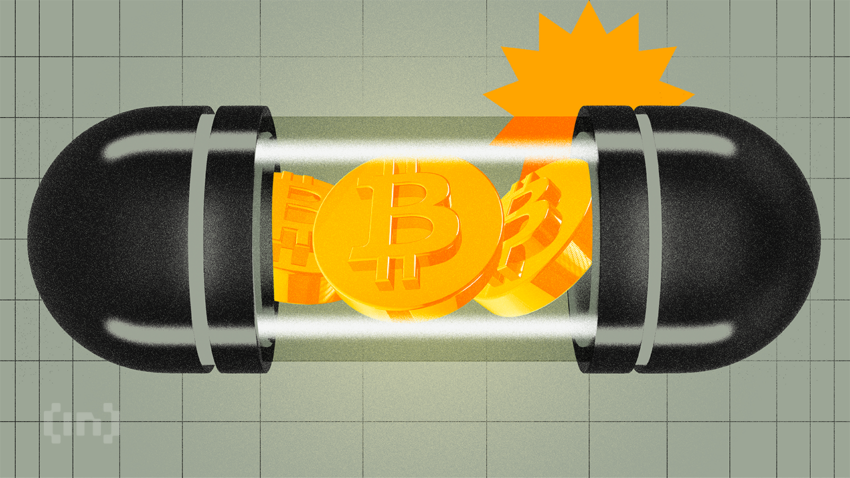A report released on Thursday by banking giant JPMorgan suggests a Bitcoin exchange-traded fund (ETF) won’t be a game-changer for digital assets. However, there is reason to believe otherwise.
In recent weeks, BlackRock, Wisdom Tree, Invesco, and Fidelity Investments applied for a Bitcoin spot ETF. So far, the Securities and Exchange Commission (SEC) has rejected the applications, but observers expect eventual acceptance.
Observers Expect the SEC to Approve a Bitcoin ETF
However, in a report seen by Bloomberg, analysts led by JPMorgan Managing Director Nikolaos Panigirtzoglou wrote that spot Bitcoin ETFs have been in existence for a while in Canada and Europe. For that all, they noted, the product has failed to attract significant investor interest.
Yet, there is reason to believe that JPMorgan’s disregard for upcoming spot Bitcoin ETFs may be misplaced. And that’s because of the world’s most famous asset, gold.
As noted in a Business Insider story all the way back in 2012, analysts at Oppenheimer Asset Management have charted how the introduction of a gold ETF in November 2004 caused a significant increase in the value of the precious metal.
John Stoltzfus and Matthew Naidorf believe the introduction of the US-traded gold ETF (GLD) on November 18, 2004, played a decisive role in its performance for the next eight years.
Learn how to diversify your portfolio using digital assets: How to Protect Yourself From Inflation Using Cryptocurrency
Before the GLD, gold prices increased by 16.84% over eight years. Meanwhile, ten-year rates declined by 33.55%. In the eight years since the ETF began trading, gold prices increased by 286.90%, while ten-year rates fell by 61.65%.
Despite the global financial crises and other macroeconomic trends in the period following 2004, Oppenheimer’s strategists believed accessibility and liquidity provided by the ETF structure have significantly contributed to the momentum of gold.
The introduction of an ETF also offered significant flexibility. Before gold ETFs, investors had limited options to access the asset, including gold mining stocks, bullion, coins, and futures contracts.
Gold and Bitcoin Both Seen as Safe Haven Assets
So where is the comparison? Well, gold and Bitcoin are very similar assets in some respects. Both are considered safe-haven assets to invest in when macroeconomic conditions get stormy.
The price of gold has also been on a long-term upward trajectory for nearly 20 years. While Bitcoin is the new kid on the block, and its price has been more volatile, it too has seen incredible returns for investors. The original cryptocurrency was the best-performing asset of the 2010s and also the most lucrative asset in Q1 2023.
A potential Bitcoin ETF has the potential to promote accessibility to the world’s best-known digital asset. For many institutional and traditional investors, this presents an easier and more formalized way of entering the market and riding the next Bitcoin wave.
Trusted
Disclaimer
In adherence to the Trust Project guidelines, BeInCrypto is committed to unbiased, transparent reporting. This news article aims to provide accurate, timely information. However, readers are advised to verify facts independently and consult with a professional before making any decisions based on this content. Please note that our Terms and Conditions, Privacy Policy, and Disclaimers have been updated.


